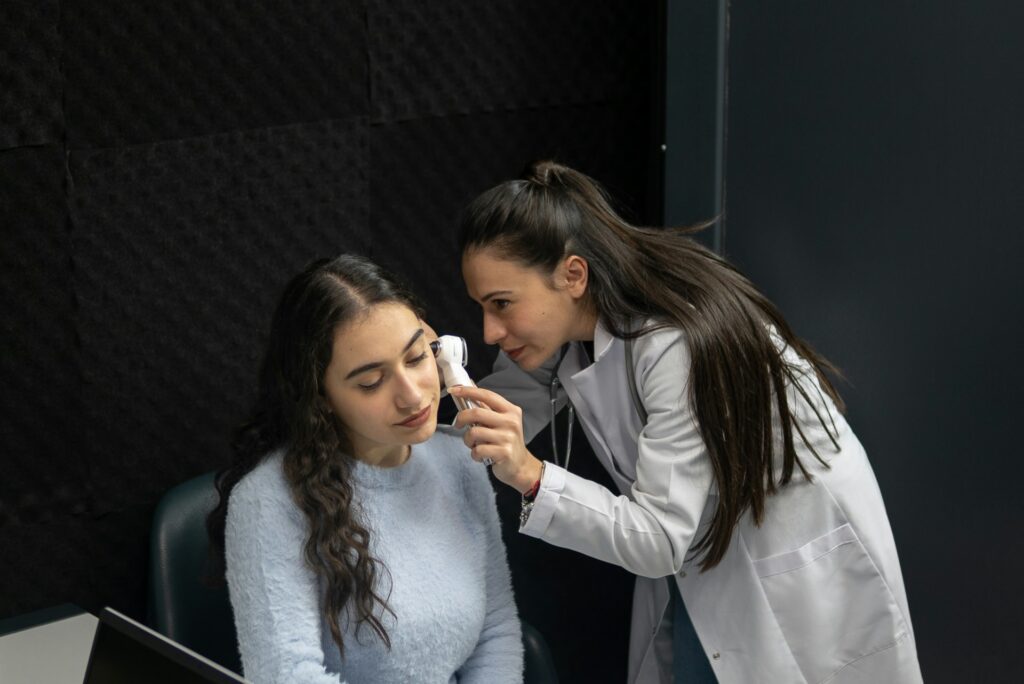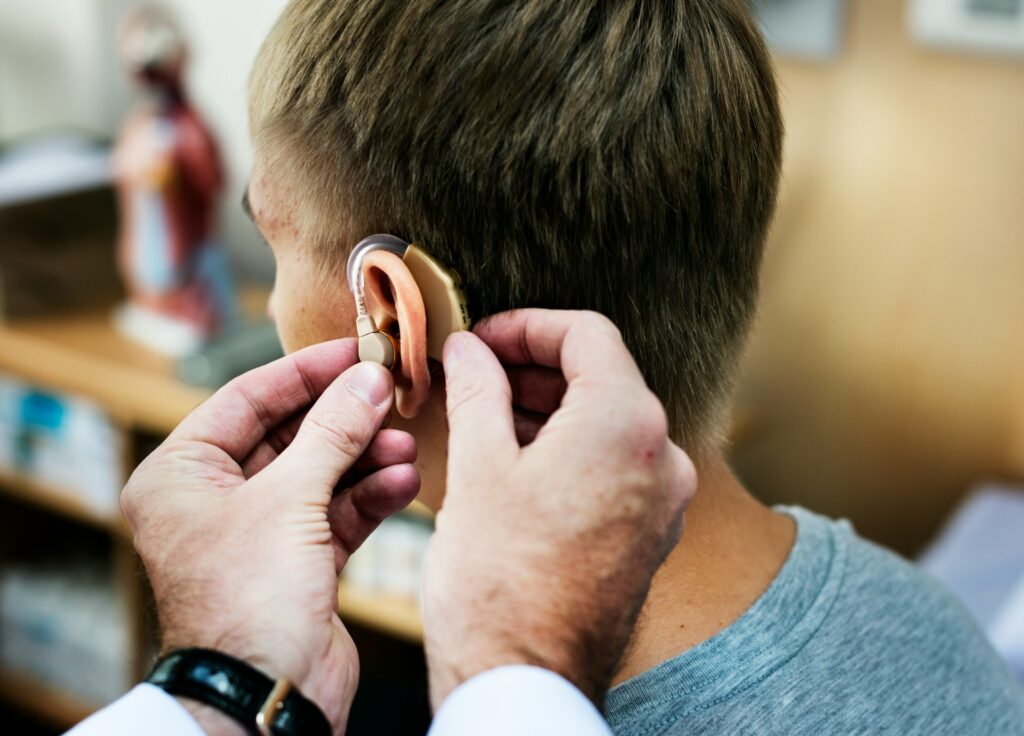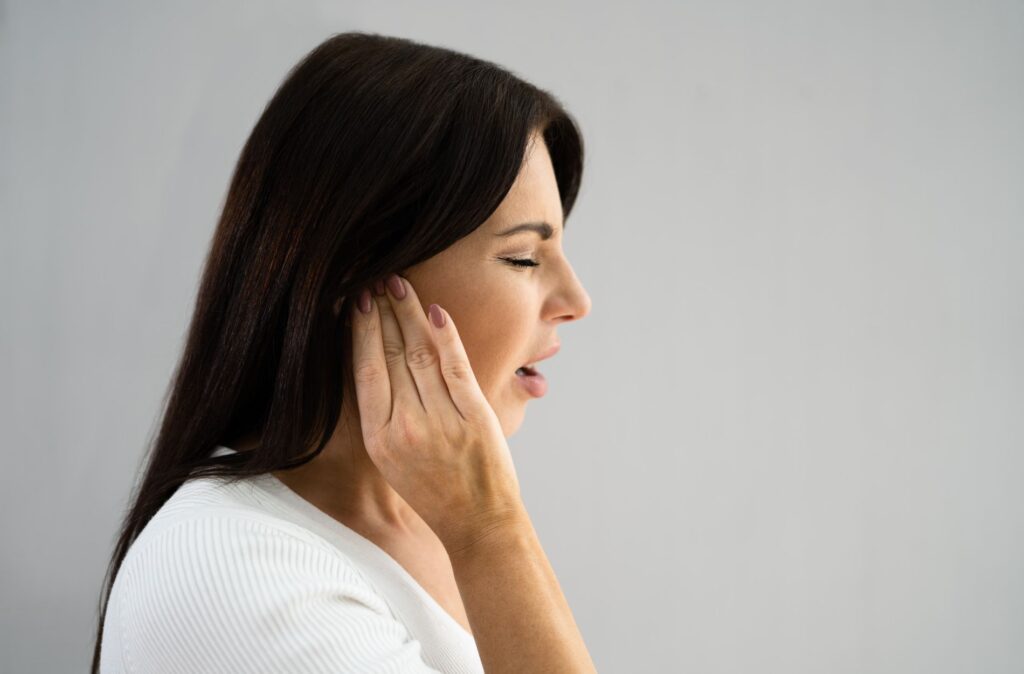Hearing aids are a big part of everyday life for many people. They help you hear better and stay connected with the world around you. Like any important device, hearing aids need proper care and maintenance to work their best. Taking a little time each day to clean and store them correctly can make a huge difference in their performance and lifespan. Let’s dive into some simple tips and tricks to keep your hearing aids in top condition.
How to Properly Clean Your Hearing Aids
Keeping your hearing aids clean is essential for their performance and longevity. Start by wiping them gently with a soft, dry cloth every night before bed. This helps remove any earwax or debris that may have accumulated throughout the day. Make sure to handle them carefully and avoid using any sharp objects that might damage the delicate components.
For a deeper clean, you can use a small brush provided with your hearing aid kit to remove any stubborn buildup. Brush around the microphone and receiver openings to ensure clear sound pathways. Avoid using water or cleaning fluids directly on your hearing aids, as moisture can damage the internal parts.
Tools and Products for Cleaning
Several tools and products can help you maintain your hearing aids effectively. A cleaning brush and wax loop are basic tools that come with many hearing aid kits. Use these tools to gently dislodge and remove wax from small crevices. Hearing aid cleaning wipes or a soft, dry cloth can be used to wipe down the exterior.
Dehumidifiers and drying kits can help remove moisture from your hearing aids overnight. These products are especially useful if you live in a humid climate or tend to sweat a lot. You can also consider using a bulb blower to dry out any moisture in the tubing of behind-the-ear (BTE) models. Regular cleaning with the right tools ensures your hearing aids remain in top condition.
Best Places to Store Your Hearing Aids
Knowing where to store your hearing aids when you’re not using them is crucial for keeping them safe. Always store them in a dry, cool place. A dedicated hearing aid case is ideal, as it protects them from dust, dirt, and physical damage. Make sure the case is clean and dry before placing your hearing aids inside.
Keep your hearing aids out of reach of children and pets. They should also be stored away from direct sunlight, as heat can damage the components. A bedside table or a designated drawer is a good place to keep them. Consistent storage habits ensure your hearing aids are ready for use when you need them.
Protecting Your Hearing Aids from Moisture and Damage
Moisture is one of the biggest enemies of hearing aids. Avoid wearing them while showering, swimming, or even in heavy rain. If you know you’ll be in a wet environment, consider using a hearing aid sweatband or a hearing aid dryer to keep them dry.
When you’re not wearing your hearing aids, place them in a dehumidifier or a drying aid kit to remove any residual moisture. These kits are simple to use and can extend the life of your hearing aids by preventing moisture-related damage. It’s also a good idea to remove your hearing aids before using hair products, as sprays and gels can clog the microphones and speakers.
How to Extend Battery Life
Extending the battery life of your hearing aids can save you time and money. One easy tip is to open the battery door when you’re not using your hearing aids. This helps to prevent battery drain and allows moisture to escape, preserving battery health. Another helpful practice is to follow the “five-minute rule.” After you remove the sticker from a new battery, let it sit for five minutes before inserting it. This allows it to properly activate and extend its life.
Keep your hearing aid batteries in a cool, dry place. Extreme temperatures can shorten battery life. Avoid storing them in the bathroom or kitchen, where humidity levels are high. Also, consider using a battery tester to check the remaining power and ensure you’re not caught off guard by a dead battery.
Signs It’s Time to Change the Batteries
Knowing when to change your hearing aid batteries is important to avoid interruptions in your hearing. A telltale sign is reduced sound quality or if your hearing aids start emitting strange beeps or warning tones. Your hearing aids may also switch off suddenly or not power on at all.
Another sign is shorter battery life than usual. If you find that you’re replacing batteries more frequently, it might be time to change them entirely. Keeping spare batteries on hand ensures you’re always prepared. Regularly monitoring your hearing aids’ performance helps you identify when the batteries need replacing, so you can continue enjoying clear and consistent hearing.
Identifying and Fixing Common Problems
Sometimes, hearing aids may not work as expected, but some issues can be easily fixed at home. If you notice a drop in sound quality or no sound at all, start by checking the batteries. Ensure they are charged and inserted correctly. If the batteries are fine, inspect your hearing aids for any blockages. Earwax and debris can clog the microphone or receiver, affecting sound.
If you hear feedback or whistling noises, it might be due to a poor fit. Make sure your hearing aids are sitting correctly in your ears. Cleaning your hearing aids regularly can also prevent feedback. If these fixes don’t work, consult your hearing aid manual for specific troubleshooting tips or reset your device following the instructions.
When to Seek Professional Help
While many minor issues can be fixed at home, some problems require professional assistance. If your hearing aids are still not working after troubleshooting, it’s time to visit a professional. Persistent issues like ongoing feedback, significant drop in performance, or physical damage to the device should be evaluated by an audiologist or hearing aid specialist.
Professionals have the tools and expertise to diagnose and fix complex problems. Don’t hesitate to seek help if your hearing aids aren’t functioning properly. Prompt professional attention can prevent further damage and ensure your hearing aids continue to serve you well.
Conclusion
Proper care and maintenance of your hearing aids can significantly enhance their performance and lifespan. From daily cleaning and safe storage to battery management and troubleshooting, these simple steps can make a huge difference. By taking the time to care for your devices, you ensure they remain reliable companions in your everyday life.
At Country Hearing Care, we’re dedicated to helping you get the most out of your hearing aids. Whether you need advice on maintenance or expert hearing care, we’re here to support you. Contact us today to learn more about keeping your hearing aids in top condition and enjoy better hearing every day.










